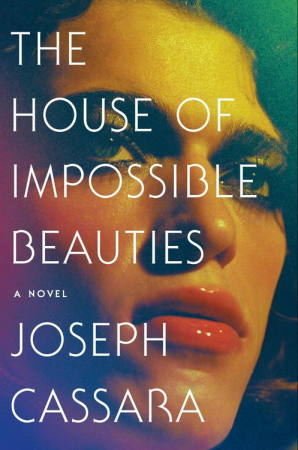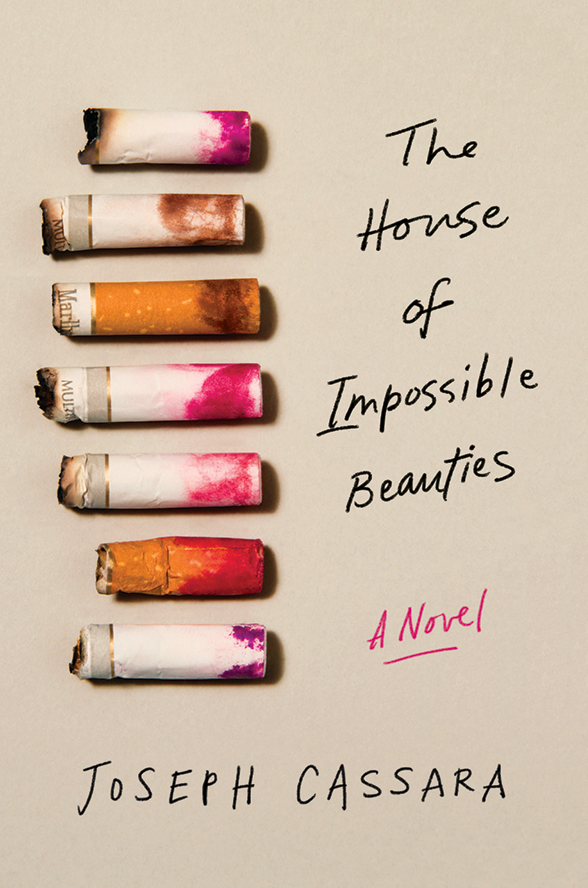
15 hours 35 mins | Harper Audio | Adult Fiction | 02/06/2018
Spanning the late 70s to early 90s, The House of Impossible Beauties is a fictionalization of the real-life figures at the center of House of Xtravaganza–a Puerto Rican drag queen family.
If you’re wondering if this is the documentary Paris is Burning in book form, let me tell you–yes, yes, that is literally what this is. In interviews, the 28-year-old author Joseph Cassara has said he was inspired to write this book after watching the documentary. I really don’t know how to review a book like this, so I’m just going to do a feels dump and start with what I liked.
I came across this book because I was looking for something narrated by Christian Barillas after Jess gave him a glowing review last year.In this 15 hour behemoth of an audiobook Barillas gives a wonderfully emotional and varied performance. New York City is diverse and he was doing everything from old-school Italian accents to the “Nuyorican” accents to several dead on “white guy” voices.
Maybe it’s my YA sensibility but my favorite storyline was the relationship between Juanito and Daniel, two runaway gay teens who find a home in the House of Xtravaganzas. I later found out this book started out as a short story about just them and it shows. At times it felt like their story was in an entirely different universe than the others. But holy moly, this book leans really hard on the “tragic queer” and Bury Your Gays trope.
The majority of this book is told from the POV of Angel and Venus Xtravaganza, two real transwomen who were featured in the documentary. While most things in this book line up with what really happened to them, it’s almost like the book goes out of the way to make them more tragic. In an interview in The Millions, Cassra says he basically wrote this book in the bubble of the prestigious Iowa Writer’s Workshop and it really shows. I don’t understand how you can write a book like this, using real people’s names and lives and not make an effort to do some first-hand research before querying. I also think this is also one of the reasons we only have one ball scene in the entire book.
Speaking of that The Millions interview, at one point Cassara says his intent with this book was to just shine a lens on how tragic and unfair life was and that he is “not really interested in books that feel didactic” and “didn’t really think about politics at all.” And IMO, I think that is part of what makes this novel feel so weak. Everything about the drag scene in the 80s (and heck, even now) is inherently political. There is just so much that could be unpacked, especially since many of the characters are real people and so much of what happened to them has to do with the politics of the time.
But also, the House of Xtravaganza is still very much alive (including a founding member who Cassara kills in the books) and their members have been influencing pop culture for years. I can’t imagine how they would feel reading a book like this that ignores their legacy in favor of a tragic story. It feels weird critiquing this book because Cassara is gay and Puerto Rican with New York roots so in some ways it is his story to tell.
I’m being a black sheep though because this book has been getting quite a bit of critical acclaim, even though for me this book about revolutionaries felt unrevolutionary.


Lithubdid a really interesting feature on the cover design process for this book. This was my favorite of all the mock covers:

I’m a lifelong reader who started blogging about YA books in 2011 but now I read in just about every genre! I love YA coming of age stories, compelling memoirs and genre bending SFF. You can find me talking all things romance at Romance and Sensibility.